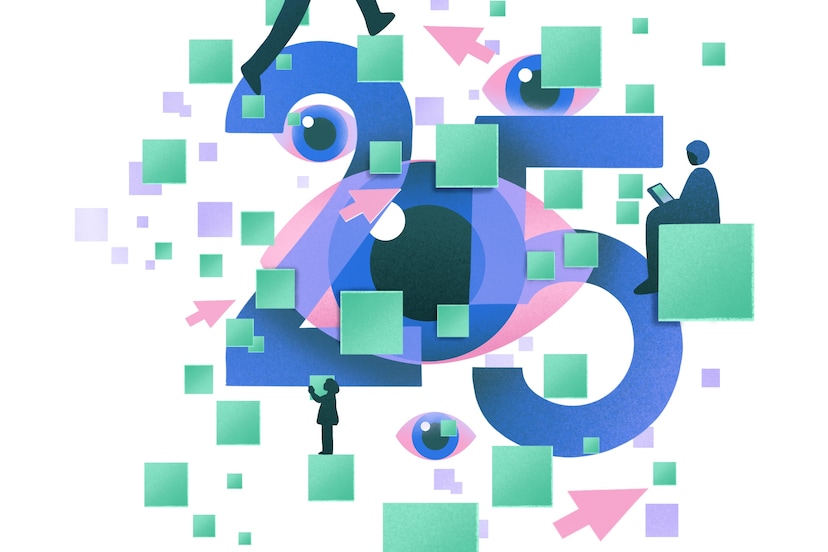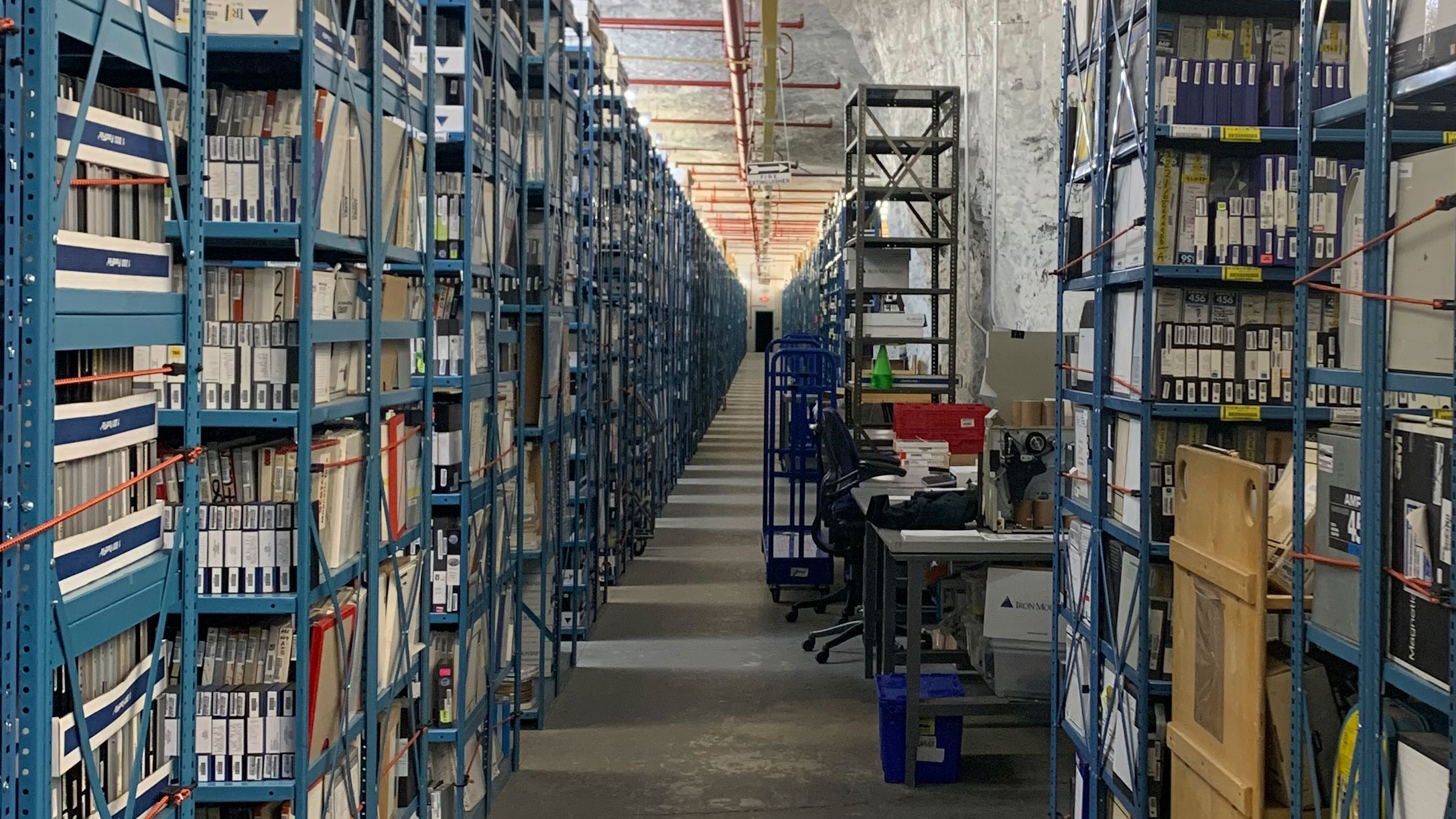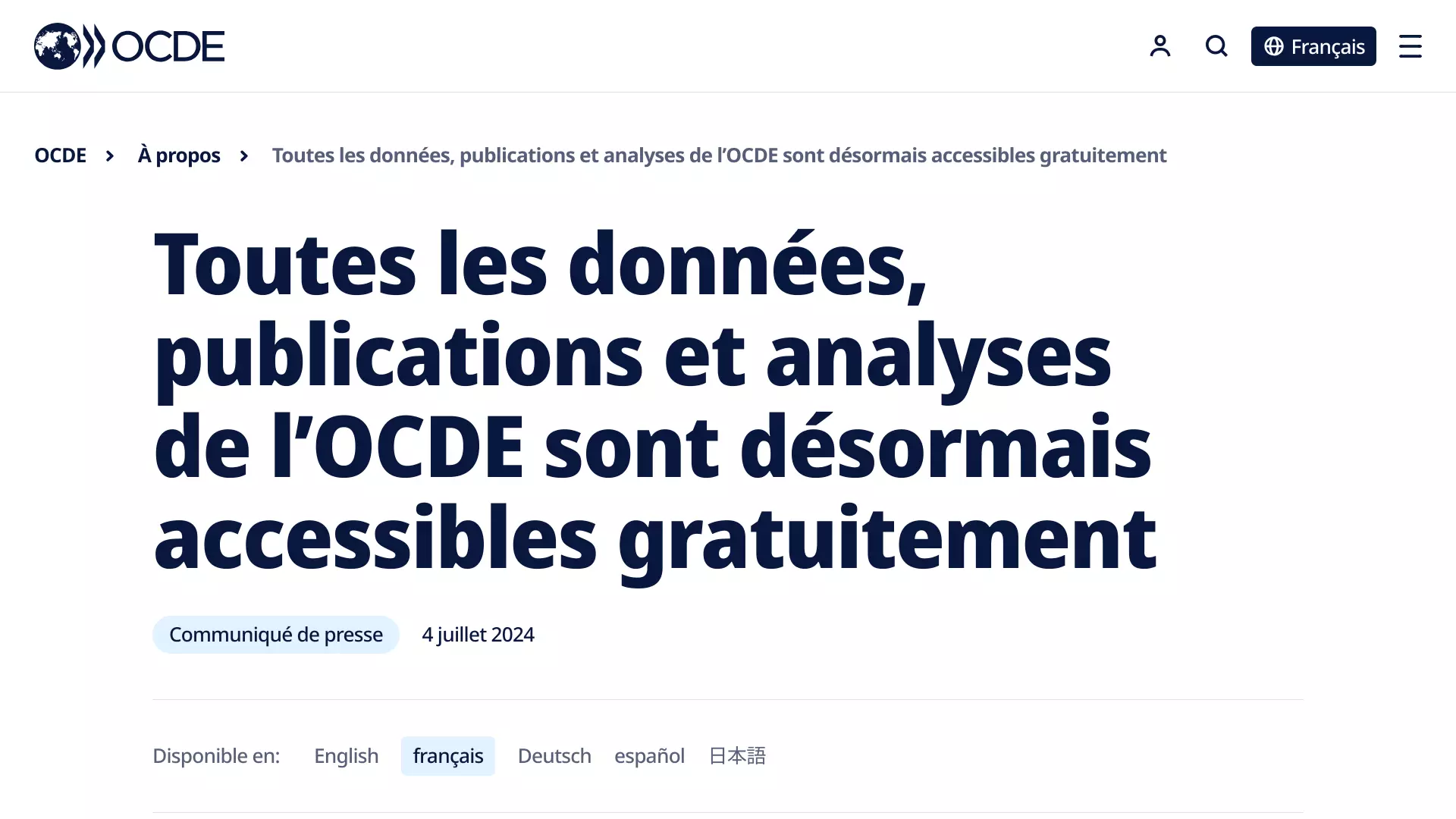#data
Bluesky lost het fundamentele probleem dat het publieke debat in handen is van big tech niet op
Waag Future Lab
De afgelopen weken groeide het aantal gebruikers op Bluesky snel, als alternatief voor X. Maar ook bij dit socialemediaplatform zijn onze digitale publieke ruimte en het maatschappelijk debat vooral een speelbal van private belangen. (...)
> Zie ook: Privacy-experts kritisch over te open karakter van Bluesky
Tags: #nederlands #social_media #sociale_media #fediverse #bluesky #privacy #avg #data #data_mining #debat #publiek_debat #democratie #big_tech #algoritme #mastodon
Privacy-experts kritisch over te open karakter van Bluesky
De Volkskrant (€)
Met Bluesky lijkt er een volwaardig alternatief voor X te zijn ontstaan. Het netwerk groeit onstuimig en het enthousiasme onder gebruikers is groot. Maar met de groei komen ook de vragen, bijvoorbeeld over de privacy van de gebruikers. (...)
(Tekst loopt door onder de foto.)
Links het logo van het voormalige Twitter, nu X. Rechts dat van Bluesky. Beeld Karlis Dzjamko / Cover Images.
Het open karakter, waar Bluesky prat op gaat, lijkt op dit moment ook de achilleshiel van het platform te zijn. (...)
Over het open karakter van de app is het bedrijf niet geheimzinnig: ‘De Bluesky-app is een microblogdienst voor openbare gesprekken. Dat betekent dat alle informatie die u aan uw openbare profiel toevoegt en de informatie die u op de Bluesky-app plaatst, openbaar is.’ (...)
Wat de implicaties hiervan van zijn, is niet helder genoeg voor gebruikers, zeggen hoogleraar gegevensbescherming en privacyrecht Anna Berlee (Open Universiteit) en privacy- en datajuristen Menno Weij (BDO) en Hester de Vries (Kennedy Van der Laan). Allen stellen onomwonden dat het Amerikaanse bedrijf zijn huiswerk op dit vlak niet goed heeft gedaan. (...)
‘De privacyvoorwaarden zijn volstrekt onder de maat.’ Weij: ‘Dit kan de toets van de AVG (de Europese privacywetgeving, red.) niet doorstaan.’ Berlee: ‘De voorwaarden zijn extreem oppervlakkig.’
De gesproken experts vallen over het feit dat het bedrijf veel te onduidelijk is over waar de gegevens terecht kunnen komen en hoe lang deze dan worden bewaard. (...)
Snoek is kritischer: ‘Dit bewijst dat het netwerk niet is ontworpen met privacy als uitgangspunt.’ (...)
Tags: #nederlands #social_media #sociale_media #fediverse #bluesky #privacy #avg #data #data_mining
La "fuite" de données prend de l'ampleur.
En France, 750 000 données médicales et personnelles piratées et en vente.
Après la liste de Boulanger, Cultura, DiviaMobilités, Truffaut, Cybertek et Grosbill (font partie du même groupe), l’Assurance retraite, RED by SFR, Meilleurtaux, Ornikar, Free, Picard, Molotov, Auchan et le Point... ce sont maintenant les données médicales de Mediboard, qu'un pirate met en vente.
Les informations sont vastes : nom, prénom, date de naissance, sexe, adresse, ville, code postal, numéro(s) de téléphone, e-mail, mais aussi médecin traitant, ordonnances, déclaration de décès, identifiants externes et historique de santé.
Simplex Chat (private, secure, encrypted #messaging) welcomes Flux #decentralised services.
Servers operated by #Flux — true #privacy and #decentralization for all users
simplex.chat/blog/20241125-ser…
#security #data #simplex #sxc #simplexchat #metadata #IM #e2ee #encryption #fediverse #anonymous #foss #communication #mobile #matrix #session #tor #Signal #Threema #deltachat #rocketchat #tox #wire #wickr #xmpp #cheogram #snikket #android #ios #Linux #Mac #windows #GrapheneOS #mastodon #bluesky
https://chaos.social/@kubikpixel/113491457979374557 kubikpixel@chaos.social - There is no AI just other people's data.
USA = zero progress
♲ Europe Says - 2024-11-11 01:59:09 GMT
europesays.com/1600426/ Rising Life Expectancy Around the World: 1970–2020 [OC] #Data #DataIsBeautiful #DataIsBeautiful
OH GOODY!! Telemarketers are declining. Now what we need to do is put robo-callers on this damn list.
♲ Europe Says - 2024-11-08 04:07:07 GMT
europesays.com/1592938/ Projected fastest declining jobs in the US [OC] #Data #DataIsBeautiful #DataIsBeautiful
Bits of Freedom strijdt al 25 jaar voor privacy: ‘Je laat altijd een spoor van data achter’
Trouw (€)
(...) Het beschermen van het recht op privacy is noodzakelijker dan ooit, nu we in een digitale wereld leven waarin vrijwel al onze communicatie in handen is van slechts een handjevol Amerikaanse techbedrijven, zegt Evelyn Austin, directeur van Bits of Freedom. Een kantelpunt in de nog relatief korte geschiedenis van het internet was volgens haar de opkomst van sociale media in combinatie met de smartphone. (...)
(Tekst loopt door onder de foto.)
Veel van de technologie die we gebruiken om wereldwijd te communiceren is in handen van slechts enkele grote techbedrijven zoals Meta, dat Facebook en WhatsApp maakt, en Alphabet, de eigenaar van onder meer Google en YouTube. Bedrijven met een Amerikaans idee over vrijheid, zegt Austin. “Zeer individualistisch; een kleine overheid die zich vooral niet met de dingen moet bemoeien. Inmiddels weten we dat je soms juist overheidsingrijpen nodig hebt om de vrijheid van de groep te beschermen. En dan kom je uit op heel andere maatregelen, zoals wetten, regels, controle en handhaving.” (...)
BoF heeft net zoveel zorgen over schending van de privacy door het bedrijfsleven als door de overheid. Bovendien werken die vaak samen om burgers te controleren, omdat het overgrote deel van onze communicatie via de grote techbedrijven loopt. (...)
Eigenlijk bepalen de grote techbedrijven al tien jaar voor een grote groep in de samenleving met welk nieuws ze ‘s morgens opstaan en hoe hun kijk op de wereld is. En dat levert bakken met data op die in handen zijn van slechts een handjevol partijen. (...)
Lang werd er door de overheid ingezet op zelfregulering. Grote techbedrijven moesten zelf regels bedenken om hun apps veilig te maken en verantwoord datagebruik te waarborgen. Volgens BoF is het al heel lang een slecht idee om dat aan de commerciële markt over te laten. (...)
De manieren waarop we de vrije markt reguleren werken niet in de digitale wereld omdat er slechts een beperkt aantal spelers op de markt is en consumenten vrijwel geen macht hebben. (...) Dat komt deels omdat die diensten gratis zijn, maar ook omdat er simpelweg geen alternatieven zijn. (...)
Er worden door bedrijven en overheden op basis van data die over ons zijn verzameld steeds vaker voorspellingen gedaan over hoe we ons gaan gedragen, en of we misschien in een risicogroep zitten. (...)
Die fouten in de systemen worden een soort code, en als je niet aan de norm voldoet, kun je in de problemen raken. “AI herhaalt het verleden, historische ongelijkheid wordt als het ware gecodificeerd. En dat gaat de kansenongelijkheid vergroten.” (...)
Kies bijvoorbeeld voor privacyvriendelijkere, open source alternatieven. Gebruik een zoekmachine als DuckDuckGo in plaats van Google, zodat Google minder data over je verzamelt. Of gebruik Jitsi om te videobellen in plaats van bijvoorbeeld Zoom of Skype. (...)
> Zie ook: Landsgrenzen zijn in de digitale wereld achterhaald: ‘Silicon Valley zit in je broekzak’ (NRC) (€)
Tags: #nederlands #bof #internet #privacy #data #data_mining #surveillance #surveillancekapitalisme #alphabet #google #youtube #meta #facebook #whatsapp #instagram #vrijheid #democratie #sociale_media #social_media #zelfregulering #dsa #dma #avg #netneutraliteit #duckduckgo #jitsi #zoom #skype #tracking
Here’s the deal: AI giants get to grab all your data unless you say they can’t. Fancy that? No, neither do I.
The Guardian
Data is vital to AI systems, so firms want the right to take it and ministers may let them. We must wake up to the danger.
(Text continues underneath the photo.)

The OpenAI logo on a laptop and ChatGPT on a smartphone. Photograph: Jakub Porzycki/NurPhoto/REX/Shutterstock.
Imagine someone drives up to a pub in a top-of-the-range sports car – a £1.5m Koenigsegg Regera, to pick one at random – parks up and saunters out of the vehicle. They come into the pub you’re drinking in and begin walking around its patrons, slipping their hand into your pocket in full view, smiling at you as they take out your wallet and empty it of its cash and cards.
The not-so-subtle pickpocket stops if you shout and ask what the hell they’re doing. “Sorry for the inconvenience,” the pickpocket says. “It’s an opt-out regime, mate.”
Sounds absurd. Yet it seems to be the approach the government is pursuing in order to placate AI companies. A consultation is soon to open, the Financial Times reports, that will allow AI companies to scrape content from individuals and organisations unless they explicitly opt out of their data being used. (...)
Tags: #ai #artificial_intelligence #ChatGPT #Claude #Gemini #Grok #OpenAI #data #opt-out #meta #facebook #instagram #google #alphabet #copyright #big_tech #lobby
Hmm..... OK, well hats off to the #data and may all those gamblers be right!
#TrumpVirus #polls #betting #odds #polling #BrainSpurs #CauseAndEffect #DJT #cult of #disinformation & #WordSalad
Of the thousands and thousands of archived hard disk drives from the 1990s that clients ask the company to work on, around one-fifth are unreadable.
Source: https://www.mixonline.com/business/inside-iron-mountain-its-time-to-talk-about-hard-drives
#news #technology #backup #Problem #hd #Harddisk #data #storage #archive #computer
The short history of global living conditions and why it matters that we know it
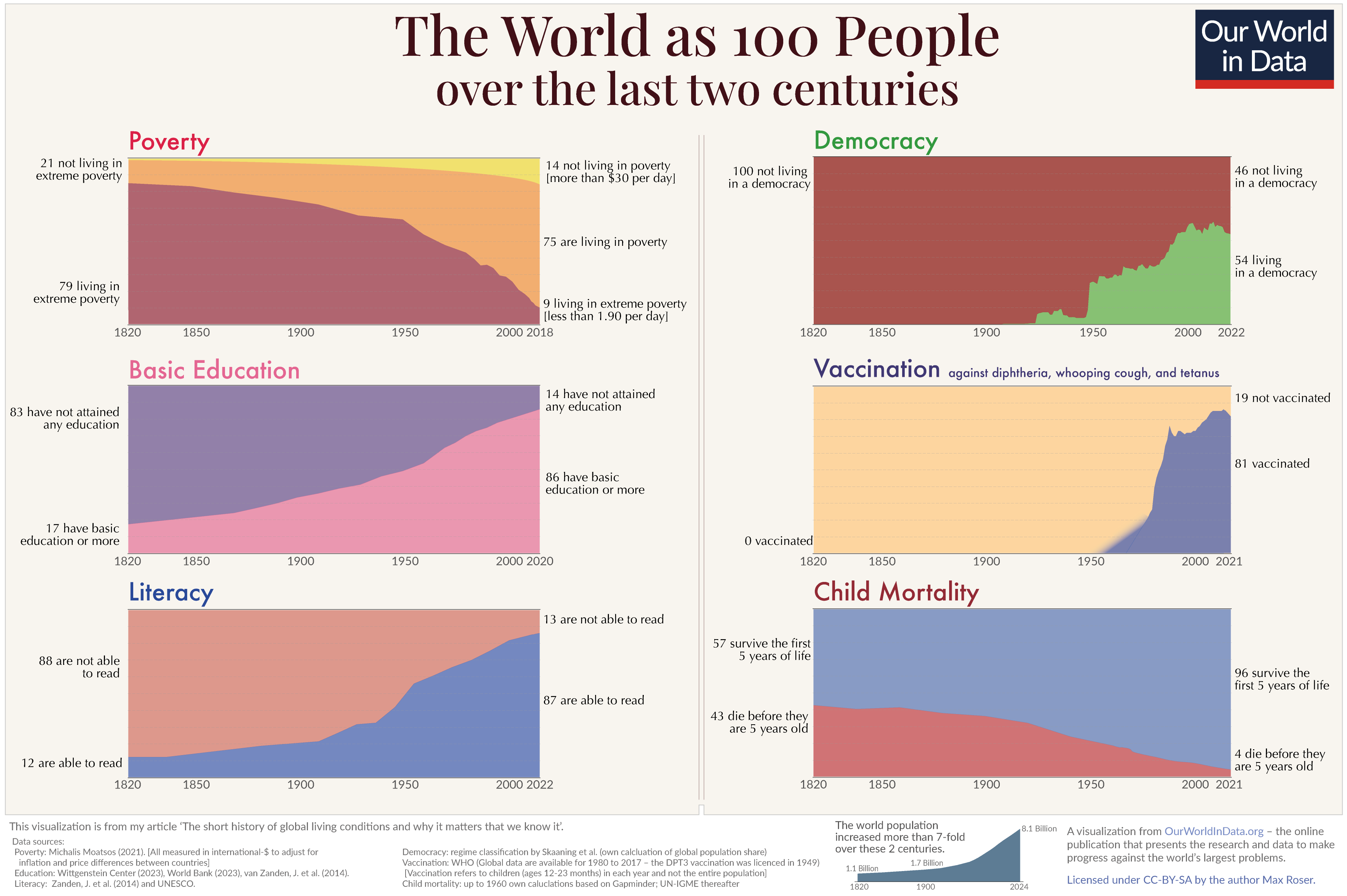
https://ourworldindata.org/a-history-of-global-living-conditions
Can anyone tell me if this is any good?
https://www.coursera.org/professional-certificates/google-data-analytics
#data #education
‘Encryption is deeply threatening to power’: Meredith Whittaker of messaging app Signal
The Guardian
The woman in charge of the secure communication channel remains implacably opposed to the ‘disease’ of surveillance – and concerned about the sharing of personal data.
(Text continues underneath the photo.)

Meredith Whittaker: ‘We will hold the line.’
Surveillance, she says, was a “disease” from the very beginning of the internet, and encryption is “deeply threatening to the type of power that constitutes itself via these information asymmetries”. All of which means that she doesn’t expect the fight to end any time soon. “I don’t think these arguments are in good faith. There’s a deeper tension here, because in 20 years of the development of this metastatic tech industry, we have seen every aspect of our lives become subject to mass surveillance perpetrated by a handful of companies partnering with the US government and other ‘Five Eyes’ agencies to gather more surveillance data about us than has ever been available to any entity in human history. (...)
The criticisms of encrypted communications are as old as the technology: allowing anyone to speak without the state being able to tap into their conversations is a godsend for criminals, terrorists and paedophiles around the world.
But, Whittaker argues, few of Signal’s loudest critics seem to be consistent in what they care about. “If we really cared about helping children, why are the UK’s schools crumbling? Why was social services funded at only 7% of the amount that was suggested to fully resource the agencies that are on the frontlines of stopping abuse?” (...)
“Signal either works for everyone or it works for no one. Every military in the world uses Signal, every politician I’m aware of uses Signal. Every CEO I know uses Signal because anyone who has anything truly confidential to communicate recognises that storing that on a Meta database or in the clear on some Google server is not good practice.” (...)
Tags: #messaging #messaging_app #message_app #whatsapp #signal #facebook #meta #google #alphabet #privacy #surveillance #mass_surveillance #surveillance_capitalism #surveillance_advertising #privacy #data #data_mining #personal_data
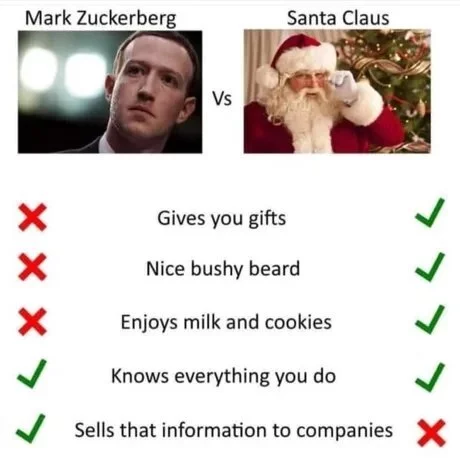



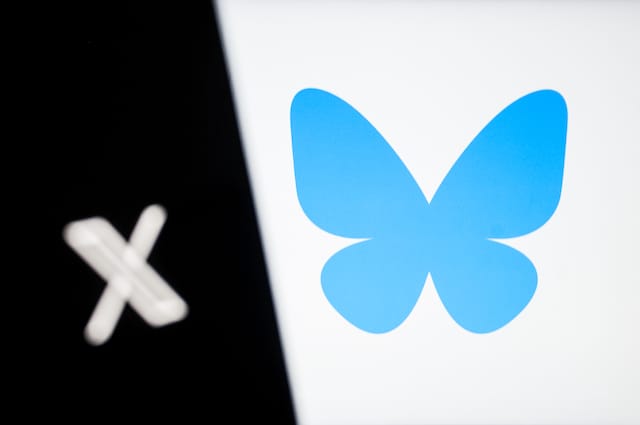

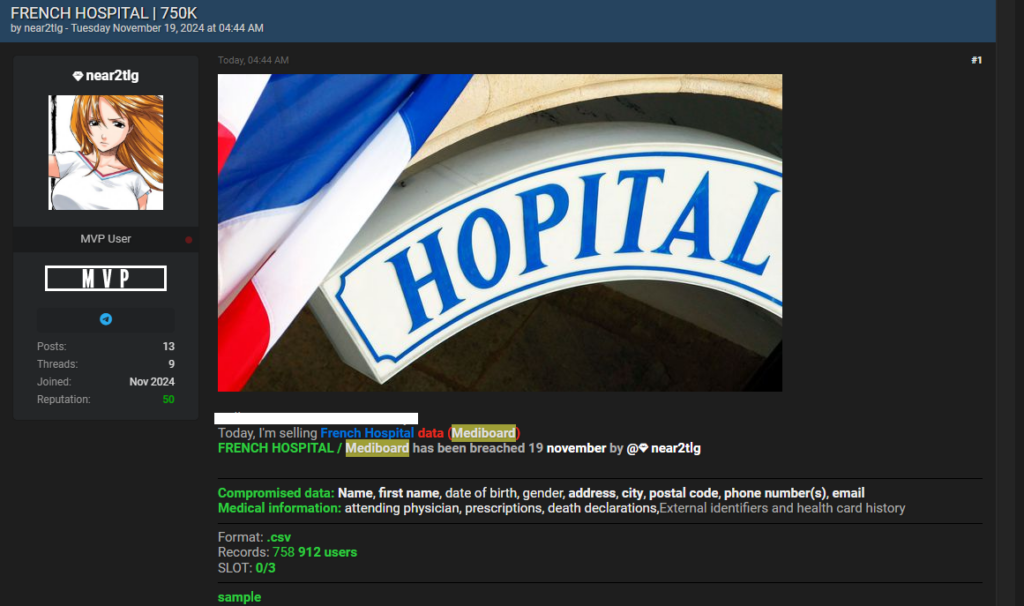
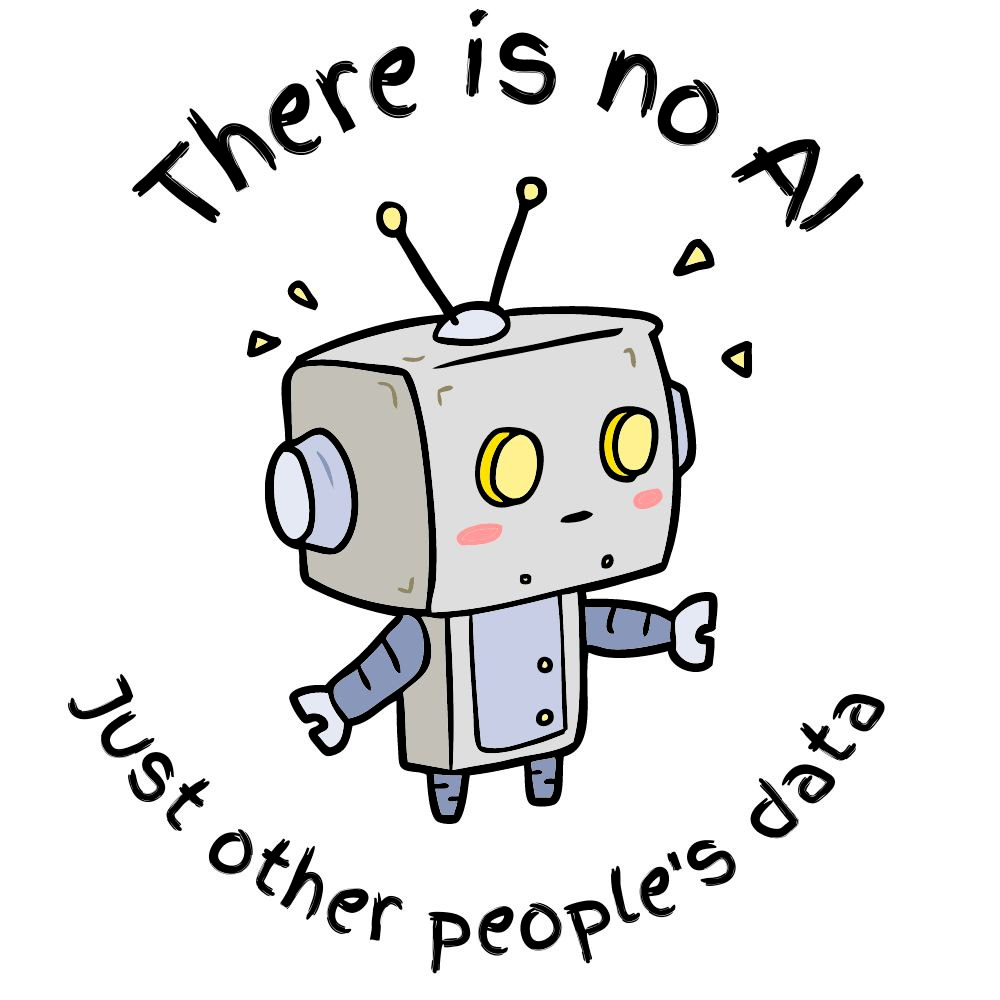
![Rising Life Expectancy Around the World: 1970–2020 [OC] Rising Life Expectancy Around the World: 1970–2020 [OC]](https://media.pubeurope.com/media_attachments/files/113/461/844/290/281/872/original/aa34136a93be3daf.png)
![Projected fastest declining jobs in the US [OC] Projected fastest declining jobs in the US [OC]](https://media.pubeurope.com/media_attachments/files/113/445/360/550/535/504/original/560f81f67c39453a.png)
